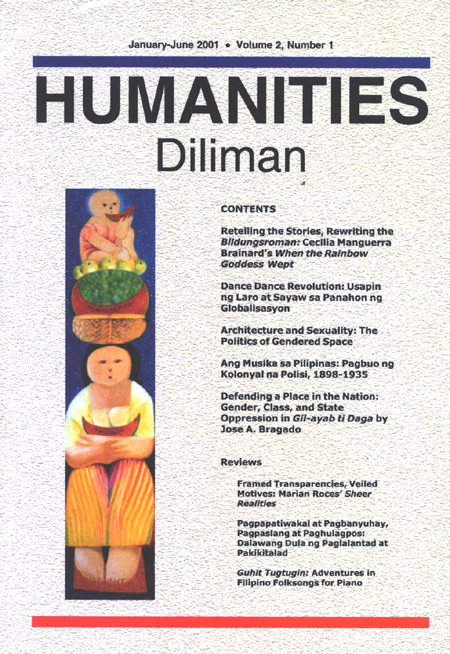Architecture and Sexuality: The Politics of Gendered Space
Abstract
ExcerptThe notion of masculine hegemony is putatively ingrained in society. The maintenance of patriarchal ideology sends ripples in the production of spaces, particularly in architecture and urban planning. Architecture is consummated by organizing and articulating meaningless Euclidean space to accommodate human habitation and insertion of existential meanings. Hence, architecture transcends the neutrality of geometrically determined and physically defined structure and enclosure to become a site of lived life, where cultural processes, gender transactions, and modus of sexual desire are continually enacted.
Space is an instrument of thought and action, which enacts the struggle over power between genders. Yet, it should be recognized that space in itself is not inherently powerful. It is the politics of spatial usage that determine its power. A patriarchal framing of architectural spaces undeniably privileges masculinist power, in its representation of social order, hierarchical progression, polarities, and stereotypical gender roles.


